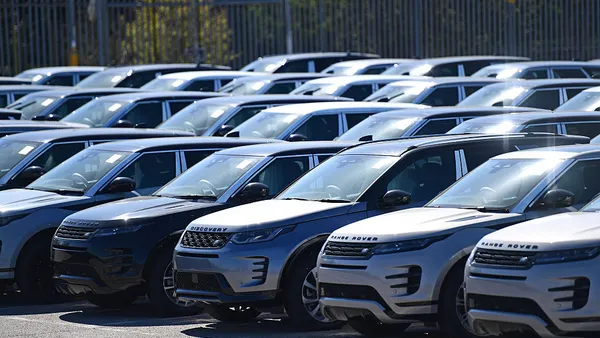The BMW management board member responsible for production, Milan Nedeljković, says electric vehicles should be given preferential treatment on road regulations to make them more attractive to new-car buyers in the absence of the once-substantial financial subsidies offered in Germany.
In an interview with the Münchner Merkur newspaper, the 55-year-old head of the German car maker’s global production network says EV drivers should benefit from “privileged access to city centers, free parking and dedicated lanes on autobahns.”
“If you were constantly passed by electric cars while stuck in traffic, many would consider switching,” Nedeljković says.
The BMW board member argues such measures would be more effective in stimulating EV sales than any ban on internal-combustion-engine cars.
German EV sales declined by 16.4% during the first half of 2024 compared to a year earlier, due in part to the termination of so-called “environmental subsidies.” This compares to a 48% increase in EV sales in Belgium, for example, over the same period.
The German environmental subsidy for new electric vehicles with a net list price of up to €40,000 ($43,700) was set at €6,750 ($7,370) up to December 2023. The subsidy was proportionately covered by the German government and the vehicle manufacturer.
Despite slow EV sales in Germany, BMW has experienced solid growth in the segment. The automaker sold 376,183 fully electric vehicles in 2023, representing 15% of its total annual sales and up 74.4% from 2022.
In the first half of 2024, its sales of fully electric vehicles reached 179,557 units, representing a 34% increase on the year prior.
Germany has eliminated financial incentives to consumers to buy EVs for several reasons: The government aims to redirect funds toward more sustainable and long-term solutions for reducing carbon emissions, including investing more in public transportation, infrastructure for EVs (like charging stations), and other green technologies; the subsidies have been costly for the government as EV sales have climbed; and government leaders believe automakers will be more aggressive in developing lower-cost EVs to compete against the influx of cheaper Chinese EVs without leaning on government subsidies.












